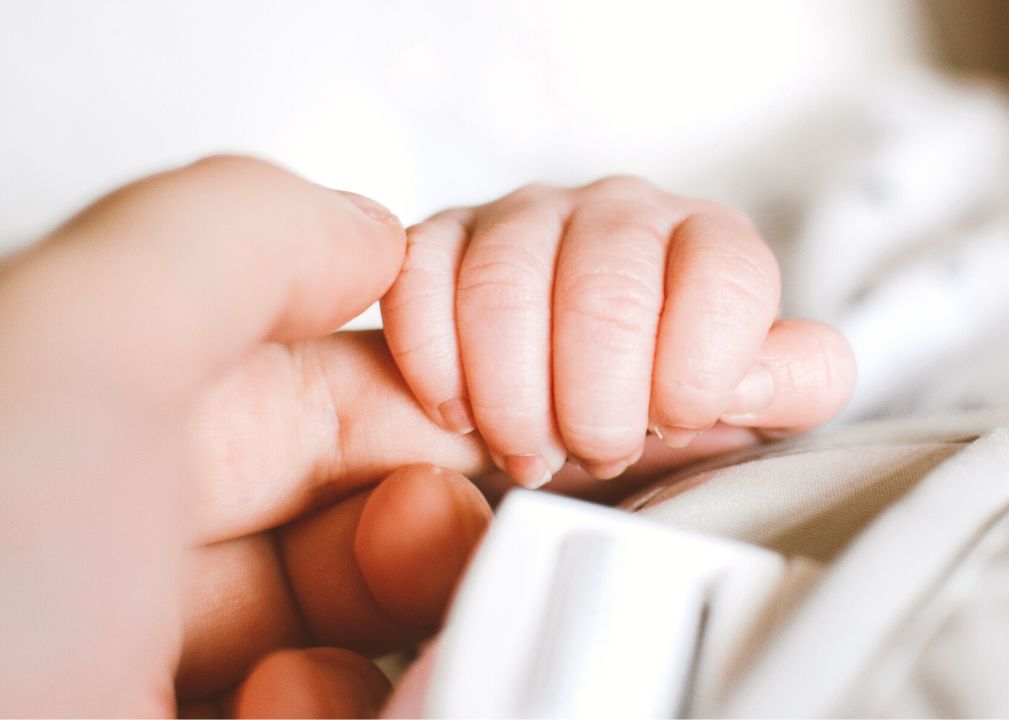
Monthly Baby Development: 6-Month-Old Baby Development
6-Month-Old Baby Sleep
The importance of sleep for a baby's development is indisputable. Especially for a 6-month-old baby, regular and quality sleep is a cornerstone of healthy growth. At this age, most babies sleep about 14 hours a day, but each baby is different. To ensure a good sleep routine, creating calming rituals before bedtime is essential. These rituals can include dimming lights, a gentle massage, a soothing lullaby, or a quiet game. Such a routine can help your baby sleep longer at night and ensure you a more restful night.
6-Month-Old Baby Teething
The discomfort a baby experiences when their first teeth come in can be a source of worry for parents. At six months, many babies start teething. It's normal for your baby to become more restless during this process, to put everything in their mouth, and to experience mild fever. To alleviate your baby's teething symptoms, you can offer cold teethers or a clean, wet cloth. However, if you notice fever or other serious symptoms during teething, consulting a health professional is advisable.
Check out our chemical-free amigurumi rattles during this process.
6-Month-Old Baby Weight
A baby's weight is an important indicator of their healthy development. By six months, a baby may have doubled their birth weight. During this period, the rate of weight gain may slow down as babies become more active and start transitioning to solid foods. Monitoring your baby's weight is a way to ensure they are growing healthily. If you notice a decrease or stagnation in weight gain, consulting a health professional can be beneficial. Since every baby has different growth patterns, avoid comparing your baby's development with other babies.
6-Month-Old Baby Care
The care of a six-month-old baby involves various routines and interactions to support their development. During this period, babies start to explore the world around them. Daily care routines offer excellent opportunities to spend quality time with your baby and develop their sensory skills. Playing, reading books, and talking to the baby enhance their social and cognitive skills and strengthen your bond with them. Regular bath times and diaper changes also keep your baby clean and healthy.
6-Month-Old Baby Physical Development
In a baby's sixth month, physical development accelerates. At this stage, most babies learn to sit and some may start crawling. These developments indicate an increase in your baby's motor skills and muscle strength. Play mats, supported sitting devices, and safe crawling spaces help your baby explore these new movement skills. To support physical development, providing a play environment filled with different textures and shapes is beneficial.
6-Month-Old Baby Clothes
Clothing for six-month-old babies should offer comfort and functionality. At this stage, as babies become more active, it is important that clothes are flexible and do not restrict movement. Additionally, considering rapid growth periods, choosing clothes that are easy to put on and take off is practical. Ensure that the clothes you select are made from skin-friendly fabrics, as baby skin is sensitive and prone to allergic reactions.
6-Month-Old Baby Feeding
Nutrition is a critical factor for the healthy development of a 6-month-old baby. At this age, most babies are fed 4-5 times a day. These feeding sessions include both breast milk/bottle feeding and the transition to solid foods. Transitioning to solid foods is an exciting period for your baby to explore the world of nutrition with different tastes and textures. Keeping feeding times regular helps develop a healthy digestive system and eating habits for your baby. Each baby has different nutritional needs, so pay attention to your baby's signals to create a suitable feeding routine.
For more information, check out our article "How Do You Wean Your Baby?".
Share








